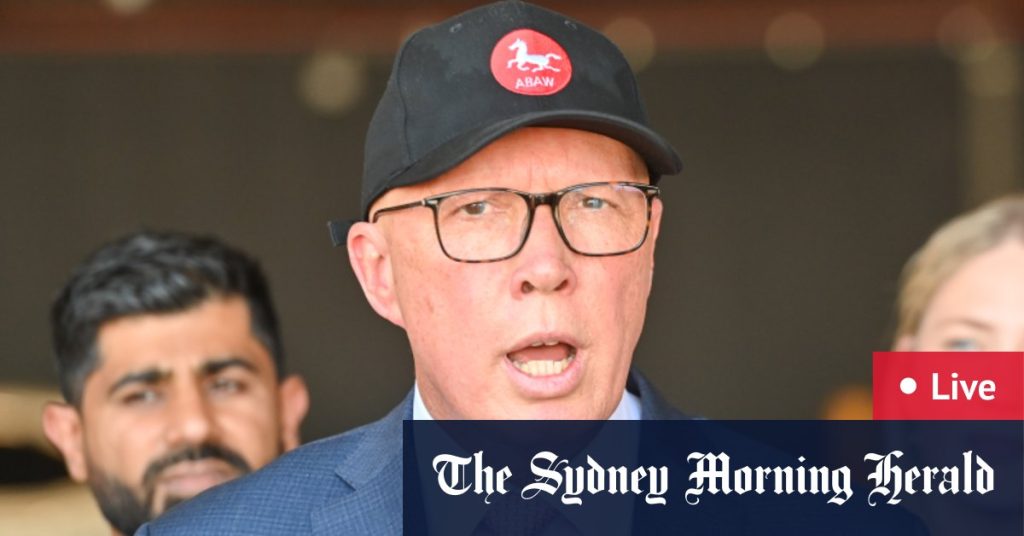Lord Sebastian Coe, a two-time Olympic gold medalist, former British Member of Parliament, and current head of World Athletics, emphasizes the dynamic nature of the world and its implications for long-term planning, particularly in the context of the Brisbane 2032 Olympic Games. He cautions against rigidly locking in venues and plans over a decade in advance, advocating for flexibility to adapt to evolving global circumstances, emerging markets, and unforeseen shifts in geopolitical and economic landscapes. Coe believes that a more agile approach would better serve the Games and their legacy, allowing organizers to capitalize on new opportunities and address potential challenges that may arise closer to the event. His perspective, offered during an interview with sports commentator Bruce McAvaney, is not intended as a criticism of Brisbane, but rather a general observation about the need for adaptability in long-range planning for large-scale international events.
Coe, who is a candidate to succeed Thomas Bach as President of the International Olympic Committee (IOC), underscores the importance of collaboration between local communities, organizing committees, and the IOC to determine the most effective approach for delivering a successful Games and a lasting positive impact. He stresses that the legacy of the Games should extend far beyond the three weeks of competition, leaving a tangible and observable positive influence on the host city and region. This legacy, he argues, should be a central consideration in all planning decisions, ensuring that infrastructure investments and other initiatives serve the long-term interests of the community.
Addressing the issue of venue selection, Coe highlights the difficulty of predicting future needs and opportunities so far in advance. He suggests that a more flexible approach, allowing for adjustments as the global landscape evolves, would be more prudent. This flexibility would enable organizers to respond to emerging trends, technological advancements, and other unforeseen developments that could significantly impact the Games and their long-term impact. He emphasizes the importance of staying attuned to shifting global dynamics, including the rise of new markets and the potential for unexpected challenges or opportunities.
Regarding the 2028 Los Angeles Olympics, Coe expresses optimism about US President Donald Trump’s support for the Games, despite the recent devastating wildfires in the region. He notes that the president has publicly affirmed his commitment to both the Games and the state of California, which he views as a positive sign for the event’s success. While acknowledging the severity of the fires, Coe points out that the Olympic venues were spared from damage, reinforcing the feasibility of hosting the Games as planned.
Coe, the only athlete to have won two Olympic gold medals in the 1500 meters, is one of seven candidates vying for the IOC presidency. The election will take place in Greece on March 20, and the outcome will significantly influence the future direction of the Olympic movement. Should Coe succeed Bach, he would preside over both the 2028 Los Angeles and 2032 Brisbane Games, playing a crucial role in shaping their legacy and ensuring their alignment with the evolving needs of the global sporting community. His experience as an athlete, administrator, and politician provides a unique perspective on the challenges and opportunities facing the Olympic movement.
Coe’s vision for the future of the Olympics emphasizes adaptability, collaboration, and a focus on long-term legacy. He advocates for a more flexible approach to planning, allowing for adjustments in response to changing global circumstances. He stresses the importance of engaging local communities and ensuring that the Games leave a positive and enduring impact beyond the competition itself. His candidacy for the IOC presidency represents an opportunity to reshape the Olympic movement, emphasizing its role in promoting global unity, athletic excellence, and sustainable development. The upcoming election will determine whether his vision will guide the future of the Olympic Games.

